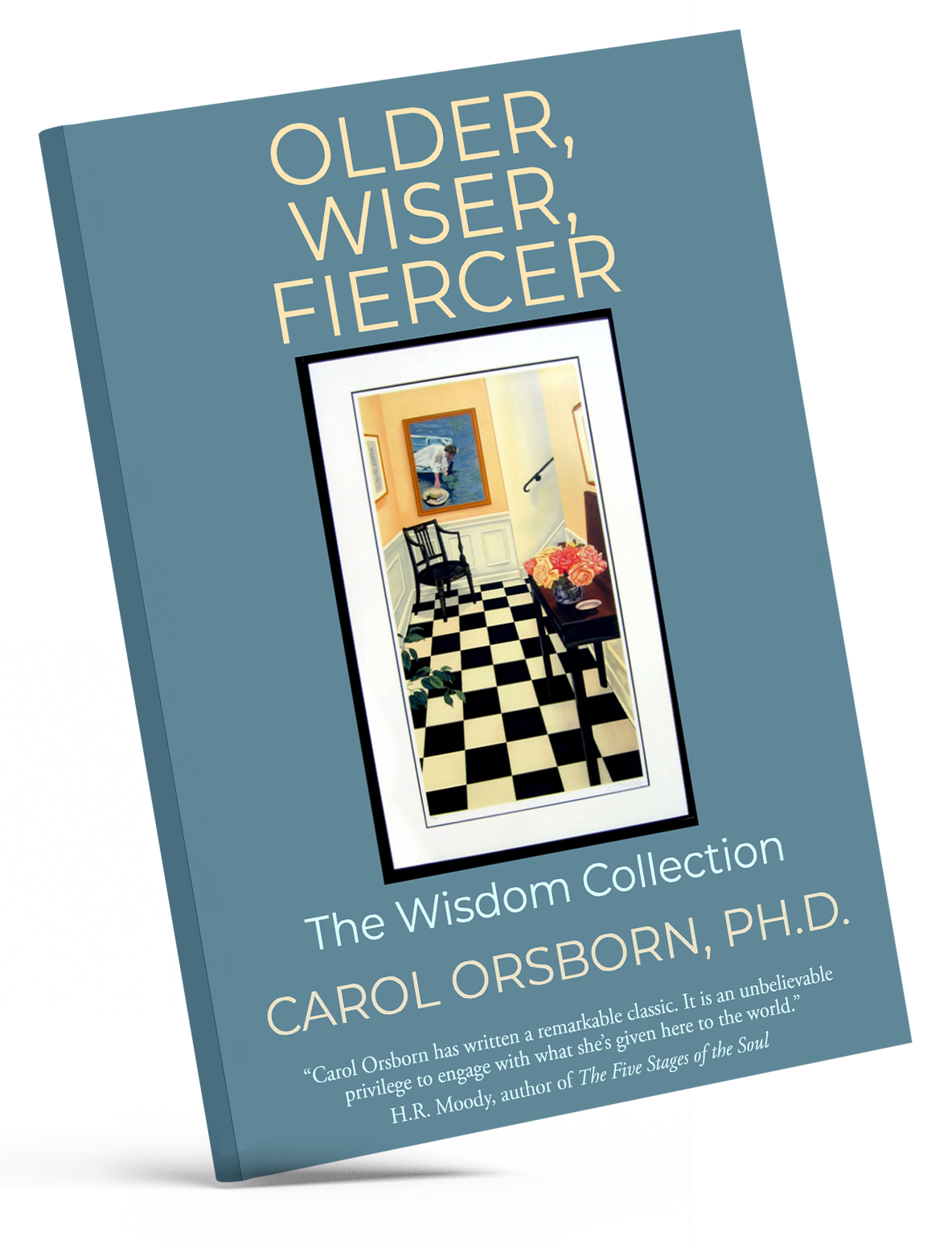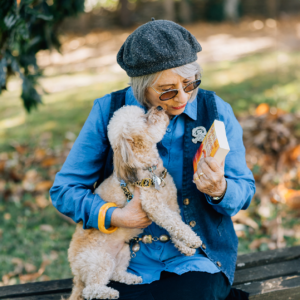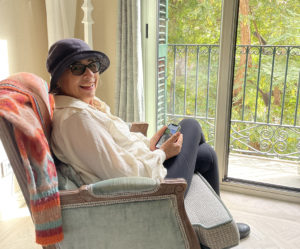
Angelica’s Last Breath
Excerpt
1
The last Saturday in April. Particularly chilly for spring, a season affectionately referred to by locals as “mud.” Around the world, practitioners of tai chi gather on this day year after year in parks, fields, gymnasiums, and in the case of Portland, Maine on a promontory overlooking Casco Bay. The cool sun had melted most of the snow, and on this high ground, the flattened grass is thick and dry enough to provide firm footing.
Forty or so are gathered– teachers and students of various styles and schools, ages and levels of proficiency. A few onlookers rim the perimeter, where a handful of abandoned lobster shacks provide leaning posts and stumps. Backpacks and purses are scattered in informal piles, muffling the audible vibration of a missed phone call or text.
The honored teachers who have been selected this year to lead the group face the assemblage one by one, able in turn-if so inclined-to take note of the various sub-groupings: several affinity groups in a spectrum of colors that cuts across teacher, studio and style–pockets of deep pink, black and red. Proud competitors wearing distinctive sweatshirts reflecting personal allegiance and history.
The most poignant end of the spectrum centers around the deep pink-the studio colors of one whose absence is noted by all but the few who hang on at the outer fringe: Angelica Goodman Banks. In fact, it is a particular poignancy that if one knew where to look, Angelica and Charles Bank’s back deck could be spotted below, one among a dozen townhomes, curved half-way around the broad circle of sand that clings to the edge of the ocean. It wouldn’t take binoculars to notice the sliding glass door briefly open and slam shut, leaving a splash of bright red roses on the worn wooden railing.
Earlier in the day, in the first overly long transition between masters, two senior students who had started out at the same studio years ago took the opportunity to catch up. There was some small talk about how well Master Will’s master classes were doing and had she heard that Angelica was ill?
“I’d heard she was in Quebec, on an extended writing sabbatical.” The other shrugged.
So the day went, arms rising gracefully in unison like a flock of white cranes taking flight, feet advancing slowly in steps shaped like the letter C-right, left, right, left. After the final bow, most milled about reluctant to leave. One went straight for his phone, eager to confirm a reservation for early dinner. Instead, he let out an audible gasp which rippled through the gathering as others rushed to retrieve their phones and read the text that had been posted by the local newspaper, for themselves.
Angelica Goodman Banks is dead. She passed away minutes ago after a lengthy illness. Breast cancer. At 51. Founder of the Angel Chi Style of Tai Chi, author of the bestselling book, ‘Dancing with Angels: The Angel Chi Solution’, survived by her husband Charles Banks, a daughter Sophie and her sister Mira. Arrangements to be announced.
He who had initially sounded the alert with his sigh hurriedly resumed his retreat off the promontory lest his plans for dinner be derailed. He was followed, close behind, by two of the dozen or so of Angelica’s students who had volunteered to represent their studio at the gathering. The two young women, dressed in the deep pink Angelica had chosen for her studio’s color, were shocked. Less than two weeks ago, they’d been told that Angelica was doing well with her treatment, was using the time to write a sequel to her bestseller, and would be back to the studio by summer.
Elsewhere, lingering near the lobster shacks, small clusters of students clung together, quiet and somber. One of the locals ventured that she’d heard a rumor it had been stage four, metastasized. Another expressed regret that she hadn’t made a bigger effort to visit–had heard it was only stage one, and that Angelica had been in remission. A woman closer to Angelica’s age wept openly while a younger woman provided comfort.
The largest group milled about the elderly woman who had just led the final bow, long thin grey strands waving in the cold mist.
“What a tragedy.”
“She was too young to die.
“I can’t believe this happened-no warning.”
“Did her daughter make it back in time?”
“Poor Charles.”
All in all, the chill that swept through the dwindling crowd could be summed up in one thought: “If this could happen to Angelica, it could happen to me.”
Who was this woman Angelica? a newcomer to the community wondered. She ventured forward to ask one of the honored teachers, a distinguished middle-aged man with thinning hair pulled back into a ponytail, dressed head to toe in a traditional red martial arts uniform, but he was already turning away from her in the direction of the even older Master Chen, robed, like many of the others, entirely in black.
“Will you go?” Master Will asked Master Chen.
“Ah, the funeral,” Master Chen replied, rubbing his shaved bald head.
“I doubt it. You?” But the question was rhetorical. Will sighed, considering too soon what Angelica’s death would mean for his own prospects. With Angelica dead, and her only child Sophie in China, there was no one with the necessary heft and charisma within her studio to carry forward her practice. It was as good as promised to me, Will Harmon thought to himself. A merger would be the way to go-I could easily move my students into her bigger space, wean her local followers off of Angelica’s invented version of tai chi and back onto the traditional form. Throw in an occasional Angel Chi retreat for the out-of-towners.
Will hurried home to tell his wife the news of Angelica’s death. So much for her jealousy over Angelica’s success, with her nagging that he spend less time aspiring for perfection of the form and more time growing his studio. At last he could satisfy both agendas. The thought refreshed his spirits as he opened the front door of his home.
2
Less than a mile from Will’s home, the two students in dark pink who had hurried down the promontory were gently turned away at Angelica’s townhouse door. There would be visitation for family, friends and students as soon as it could be arranged, the hospice nurse, an attractive, middle-aged Latina, offered. She left shortly thereafter, before the funeral transport team arrived, hoping to make it home before dark. On the way home, she’d pick up something special at the bakery-something with cinnamon and apple in it.
The three who had been closest to Angelica stood alone now, positioning themselves protectively around the bed. Having spent the bulk of his career in public relations, mentor and friend Martin Lyon knew how to keep his regrets mostly to himself but despite his best efforts, the combination of guilt and grief showed plainly in his furrowed brow. Next to him stood Angelica’s husband Charles, his leading man features blurred by a combination of too much beer, butter and unwanted emotion. Angelica’s older sister Mira knew she should have been well-prepared for this death, having gone through the sudden passing of her beloved husband Morrie just three years ago, and the earlier deaths of their father and then, some decades later, her mother. But instead of getting good with death, she was more than ready to be finished with it.
Although it had not yet been an hour since the hospice nurse had closed Angelica’s eyes, any signs of struggle had already dissipated. If only they hadn’t been so immersed in the shock of their loss, they would have seen that the placid expression on Angelica’s face was not resignation– but culmination.
3
Despite the pride they took in Angelica’s success-including her public acknowledgement of her Jewish roots–the few traditional Jews who were part of the Portland tai chi and theater communities came early in a group, but left visitation quickly, surprised and disturbed by the open coffin.
“What next? Is she going to be cremated, too?” one asked.
“What do you expect when someone changes her name from Rena to Angelica?” said another. “At least they waited the three days.”
“Is there any rabbi in Portland who even officiates cremations?”
Mira and Charles were, in fact, discussing this very thing in the funeral director’s office at that moment, as the efficiently pleasant woman who had been assigned to them offered alternatives: a shaman in the Native American tradition, the interfaith chaplain from the local hospice, several ministers from New Thought spiritual centers and of course, there was always the option of bringing in a freelance rabbi from Boston who the home had called upon in the past. Charles looked to Mira, having entered a state of deference in exchange for freedom from responsibility.
There was no hurry to return to the parlor, as she had already spent the most important part of the day-the early first hour before others arrived-alone at her sister’s side. Her grief was acute but cold, more an expression of utter disappointment than love. Only distance and a practiced detachment had saved her from her anger at having been abandoned yet again. There would be no relief at the conclusion of this round of grief. Tears, meant to heal, were instead bitter and cold. Exhausted, she turned from the casket and headed to the private bathroom to clean up her tear-streaked make-up. If she had still wanted to be in touch with her thoughts, it would have been this: “Grief is a waste of time.”
To Buy Angelica’s Last Breath in Kindle or Paperback Version, click HERE
To Read About the Book, click HERE
For the Biography of the Author and Endorsements, click HERE
To Access the Reader’s Guide, click HERE
__________________



